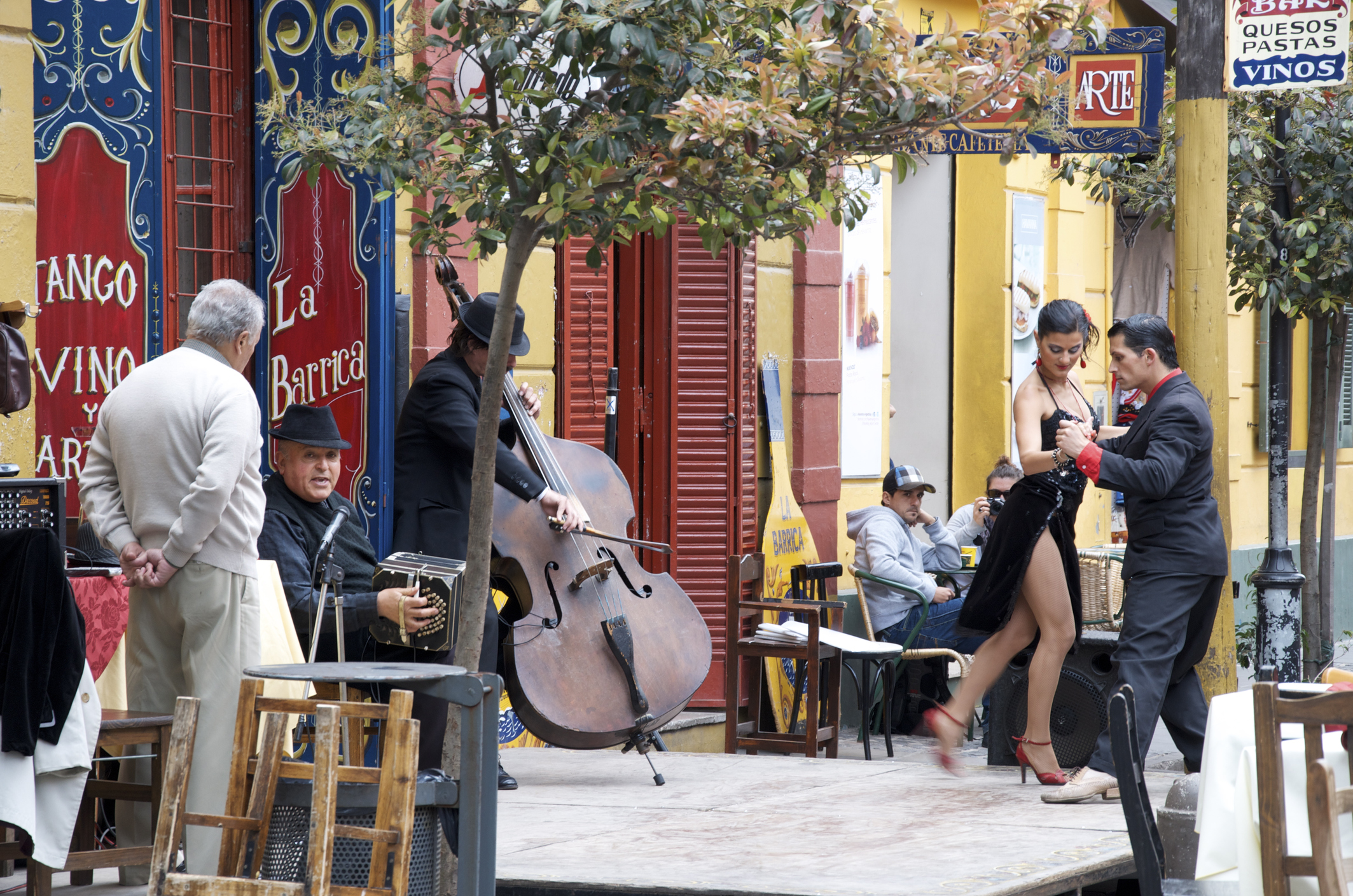The Hallgarten + Company recent report, titled “Argentina: Post-Mortem on the First Round,” published in October 2023 (click here to access), provides a comprehensive analysis of the outcomes of Argentina’s first round of presidential elections held on 22nd October. This electoral spectacle yielded mixed results with a few perceived positives. Sergio Massa, associated with the Kirchnerite administration, experienced a significant boost in his vote count. In contrast, Patricia Bullrich, a beacon of economic orthodoxy, faced exclusion from the upcoming rounds. The Libertarian candidate’s popularity waned, attributed by some to his contentious criticism of the Pope, which coincided with the Argentine currency’s depreciation by over 10%.
A striking element in the electoral canvas was Javier Milei’s unexpected success in the primaries, despite his earlier marginal position in the political realm. Furthermore, against the grain of widespread forecasts based on the economic challenges under President Alberto Fernandez, the dominant Peronist Party showcased a surprisingly robust performance.
The elections’ aftermath sets the stage for the critical run-off on 19th November, casting a shadow of economic uncertainty. Given that voting in Argentina is mandatory, this run-off holds the nation’s collective attention.
Dissecting the variance between the primary and the main elections, a few factors emerge. The mobilization of the earlier dormant Kirchnerite supporters, Milei’s counterproductive tactics, including his contentious remarks about the Pope, and Bullrich’s strategic oversight in not confronting Milei, inadvertently positioning Massa as her chief competitor, all played definitive roles.
In the post-electoral scenario, candidates now grapple with the challenge of wooing voters from the ousted contenders. This endeavor is intricate as vote transfers could defy traditional party loyalties. Such a milieu might catalyze strategic negotiations or “horsetrading,” where policy compromises could be the key to securing wider support.
Mining – The Implications
Historically, mining legislation in Argentina has been a provincial domain with minimal federal intervention. The longstanding obstacles for miners and explorers have been foreign exchange challenges and capital equipment import regulations. However, the recent electoral outcomes hint at minimal legislative changes. A victory for Milei or Bullrich would have been a cause for celebration among miners, but such optimism may be premature.
Conclusion
Argentina’s political arena never ceases to astonish, as evidenced by the recent primaries and presidential elections. The current narrative paints Massa as a strategic genius, outmaneuvering traditional opposition. However, this image starkly contrasts the earlier portrayal of Massa, once sidelined by influential figures like Alberto & Cristina Fernandez. Deciphering Argentina’s political maneuvers might confound even Machiavelli.
The future remains uncertain. While remnants of the Juntos regroup, Massa’s strategy remains a topic of speculation. The upcoming electoral bout on 19th November promises more twists and turns. With Milei’s overtures towards Bullrich and earlier to Mauricio, the political plot thickens. Drawing parallels to an Italian opera, the climax of Argentina’s political drama remains unseen, reminding us that it isn’t over until the final act. To read the full report, click here




Leave a Reply